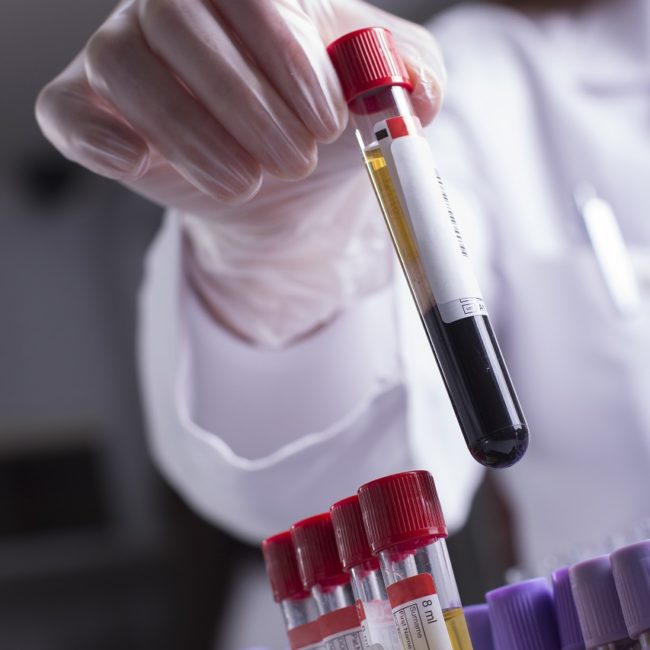Subculture: Investigating the frequency and outcomes of subsequent blood cultures
Grant ID: EMJS-383R35-2021-HILLS
Project Summary
Blood cultures are tests performed to identify whether patients have pathogens in their blood, such as bacteria and fungi. Emergency clinicians frequently order blood cultures to prescribe appropriate antibiotics for patients. Blood cultures are particularly important to rapidly identify and treat severe infection.
For test accuracy, the best time to collect blood cultures is before a patient has received an antibiotic. However, patients with severe infections may have multiple sets of blood cultures taken over several days. It is unknown whether taking multiple blood cultures improves patient care.
This study will investigate how many patients have repeat blood cultures and whether subsequent blood cultures yield the same result. If found to be redundant, it may be possible to avoid unnecessary blood tests, improve patient comfort, decrease costs to the health service, and reduce practitioner workloads.
Outcomes
Overwhelmingly, the repeated blood cultures (BCs) showed either the same result from the initial ED BC or a negative result. None of these patients had their care altered based on repeat BC result.
The 247 patients who had BCs repeated had a total of 461 blood culture recollections across their collective hospital stays, all of which returned only 3 new pathogens identified. These new pathogens were all isolated in sources other than BCs and each patient was being treated appropriately for the identified pathogen.
A recurrent pathogen was showed in the BCs of 23 patients. 13 of these were Staphylococcus aureus (SA), and the remaining 10 were a collection of predominantly Gram-negative pathogens. The clinical significance of persistent Gram-negative bacteraemia has yet to be shown in the existing literature, and the question of treatment duration for these pathogens has been under-studied.
The majority of patients had BCs repeated in association with a new/ongoing fever, or deterioration of some kind. In spite of these physiological changes, the rate of positivity for repeat BCs remained low.
Local education has decreased the amount of time ED nurses spend collecting repeat BCs, saving nursing time in a busy department. The findings will also encourage treating teams to take a more judicious approach when considering the collection of repeat BCs. This will immediately decrease the time spent by nurses, phlebotomists, and medical officers collecting BCs. This will also decrease the workload of pathology staff. Moreover, patients will be subjected to fewer invasive tests.
The study will also have significant cost implications. It will allow the avoidance of repeat cultures and the reduced cost associated with collecting the BCs and with analysing the BCs.
SHARE




